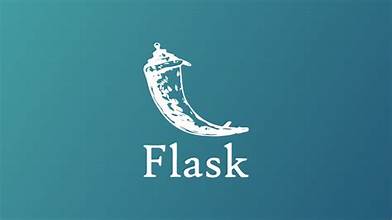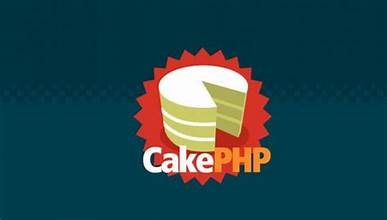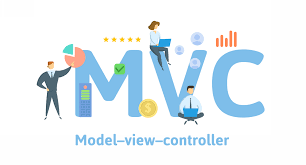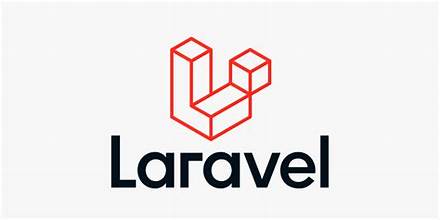
Introduction to Flask Framework:
Flask is a lightweight and versatile web application framework for Python. Developed by Armin Ronacher, Flask is known for its simplicity, flexibility, and extensibility. It provides developers with the tools needed to build web applications quickly and efficiently.
Core Concepts of Flask:
- Routing: Flask uses a simple routing mechanism to map URLs to Python functions, allowing developers to define routes and handle HTTP requests easily.
- Templates: Flask integrates Jinja2, a powerful and intuitive template engine, for generating dynamic HTML content based on data from Python code.
- Views and Blueprints: Views are Python functions that handle requests, while Blueprints allow developers to organize and modularize Flask applications into reusable components.
- Request and Response: Flask provides objects to represent HTTP requests (
request) and responses (response), enabling developers to interact with incoming requests and generate appropriate responses. - Extensions: Flask has a rich ecosystem of extensions that add additional functionality to applications, such as database integration, authentication, and session management.
Features of Flask Framework:
- Minimalistic: Flask follows the “micro-framework” philosophy, offering only the essentials for building web applications without imposing unnecessary dependencies or constraints.
- Flexible: Flask allows developers to choose their tools and libraries for various tasks, enabling flexibility in application design and architecture.
- Extensible: Flask’s modular architecture and extension system make it easy to add new features and functionality as needed, allowing developers to customize applications to their requirements.
- Werkzeug and Jinja2 Integration: Flask leverages Werkzeug for handling HTTP-related tasks and Jinja2 for template rendering, providing robust and efficient tools for web development.
- Development Server: Flask includes a built-in development server for testing and debugging applications locally, making it easy to get started with development.
Flask Extensions and Ecosystem:
- Flask-SQLAlchemy: Integration with SQLAlchemy, a popular ORM (Object-Relational Mapper) for working with relational databases in Flask applications.
- Flask-Login: Provides user authentication and session management capabilities for Flask applications, allowing developers to secure routes and access control.
- Flask-WTF: Integration with WTForms, a flexible form validation and rendering library for Flask applications, enabling developers to create and process web forms efficiently.
- Flask-RESTful: Extends Flask to support the development of RESTful APIs, providing features such as request parsing, response formatting, and error handling.
- Flask-Cache: Adds caching support to Flask applications, allowing developers to improve performance and scalability by caching expensive or frequently accessed data.
Best Practices for Flask Development:
- Organizing Code: Use Blueprints to organize routes, views, and templates into modular components for better maintainability and scalability.
- Configuration Management: Store configuration settings in separate configuration files and use environment variables for sensitive or environment-specific values.
- Error Handling: Implement error handlers to gracefully handle exceptions and errors, providing informative error messages to users and logging details for debugging.
- Security: Follow security best practices such as validating and sanitizing user input, using secure cookies and session management, and implementing proper authentication and authorization mechanisms.
- Testing: Write unit tests and integration tests to ensure the correctness and reliability of Flask applications, using testing frameworks such as pytest and Flask-Testing.
Deployment and Scalability:
- Production Deployment: Deploy Flask applications to production servers using WSGI servers like Gunicorn or uWSGI, with Nginx or Apache serving as reverse proxies for load balancing and static file serving.
- Containerization: Containerize Flask applications using Docker for easier deployment and scalability, enabling consistent environments across different stages of the development lifecycle.
- Scalability: Scale Flask applications horizontally by adding more instances or vertically by upgrading server resources, depending on the application’s requirements and traffic patterns.
Flask Community and Resources:
- Official Documentation: The Flask documentation provides comprehensive guides, tutorials, and references for learning Flask and its ecosystem.
- Flask Extensions Registry: The Flask community maintains a registry of official and third-party Flask extensions, providing a centralized repository for discovering and installing extensions.
- Flask Forum and Community: The Flask community is active on forums like the Flask mailing list, Stack Overflow, and Reddit, providing support, sharing knowledge, and discussing Flask-related topics.
- FlaskCon and Conferences: Attend FlaskCon and other conferences to meet fellow Flask developers, learn about the latest developments, and network with industry professionals.
Future of Flask Framework:
- Continued Growth: Flask continues to grow in popularity and adoption, attracting developers from various backgrounds and industries who appreciate its simplicity and flexibility.
- Ecosystem Expansion: The Flask ecosystem is expected to expand further with new extensions, libraries, and tools being developed to address emerging requirements and use cases.
- Community-driven Development: Flask’s development is driven by its vibrant community, with contributions from developers worldwide shaping the future direction of the framework.
In conclusion, Flask is a powerful and versatile web application framework for Python, offering simplicity, flexibility, and extensibility for building modern web applications. With its minimalist design, modular architecture, and rich ecosystem of extensions, Flask continues to be a popular choice for developers seeking a lightweight and efficient framework for web development.






